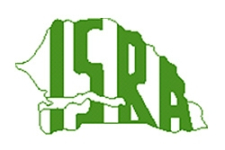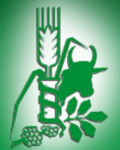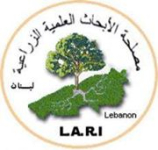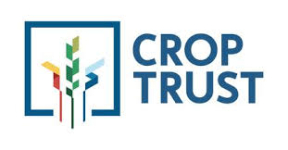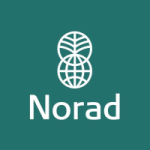ICARDA’s gene bank collection is among the largest in the world totaling 155,352 accessions (43,000 of wheat, 32,560 of barley, and 14,512 of lentil), mostly composed of landraces and crop wild relatives (CWR). In this project, we present a new model to create a paradigm shift and accelerate both release, fast-track pre-multiplication, and involvement of farmers in the decision process, while also making them aware of the new available varieties. In particular, the project targets the use of the off-season to accelerate the production of pure seeds, followed by a pre-multiplication since the moment a candidate variety is presented to the catalog, and a proven method for the involvement of farmers via participatory variety selection (PVS). The basic principle is to utilize some of the poorest areas of Morocco as a pilot study, since preliminary data on the yield superiority of CWR-derived elites are already available, to then promote both germplasm and method to other 3 partner countries (Lebanon, Senegal, and Ethiopia). In addition, the project includes a careful understanding of adaptation as well as the nutritional value of the three crops across regions, which in turns ensures better targeting and aims at improving diets in poor rural communities. Another component of this project is the creation and dissemination of new superior cultivars for tomorrow, through the exploitation of the CWR introgression generated in the first phase. The PVS process will identify existing gaps between the promoted CWR material and the farmers’ preferences. These gaps will be converted into selection indexes and used to better target cultivars for tomorrow among the existing CWR segregating populations. In the course of the project, the CWR segregating populations will be evaluated across sites, specific traits of interest will be identified, and pedigree selection used to integrate them into superior inbred lines. Finally, both existing and to be developed CWR-derived elites, shall be promoted not only in farmers’ fields, but also among fellow breeders from Morocco, Ethiopia, Senegal, and Lebanon. The absolute best CWR lines will enter the ICARDA international nurseries system and be disseminated to more than 100 partners in over 40 countries in the world. Also, the data generated from this project will be disseminated in the form of a research article to show the potential of CWR-derived varieties to the whole plant science community. All data generated will also be provided to Germinate 3 database for storage and use.

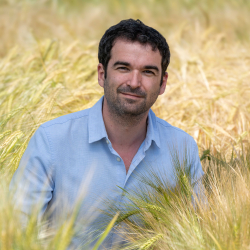
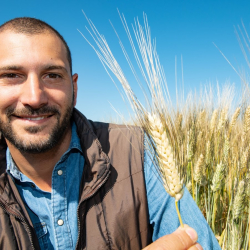

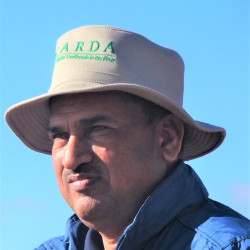

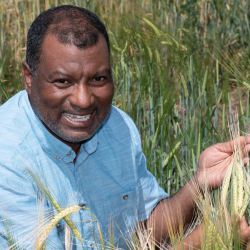
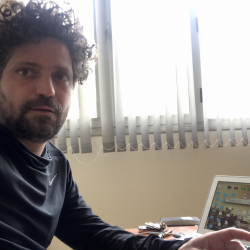
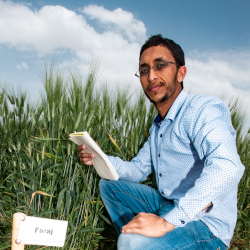

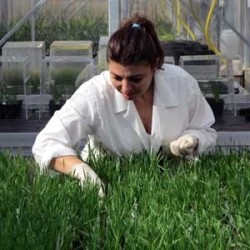
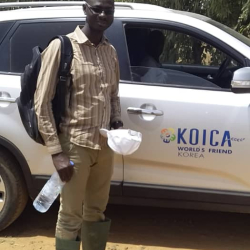
.jpg)
